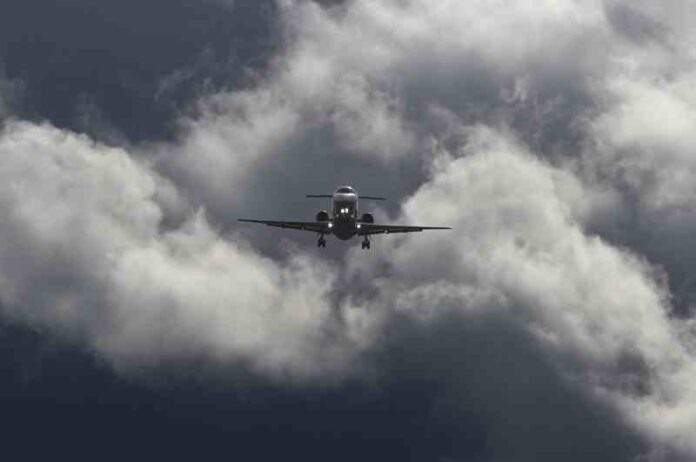John Obafemi
The aviation industry, essential to global mobility and economic growth, has been significantly impacted by unpredictable weather patterns and environmental changes. Across the globe, from Nigeria to continents beyond, airlines face an increasing number of disruptions due to severe weather, with sunset conditions at specific airports in Nigeria becoming a major concern.
In Nigeria, many airports, particularly in regions with unpredictable weather, face frequent disruptions during the evening due to sunset conditions. As the sun sets, visibility decreases sharply, and for airports that do not have the necessary lighting or instrumentation, this can lead to delays, cancellations, and even diversions. Passengers traveling to or from these regions experience unexpected disruptions, with their planned journeys halted due to circumstances beyond airlines’ control.
These sunset conditions, compounded by erratic weather, place a heavy burden on airline operators. Airlines must make costly adjustments to their schedules, diverting flights or rescheduling services, resulting in financial losses and customer dissatisfaction. This problem is not isolated to Nigeria, as other African nations experience similar challenges, where inadequate weather forecasting and infrastructure contribute to increased delays and safety concerns.
Globally, the International Civil Aviation Organisation (ICAO) and the International Air Transport Association (IATA) have raised alarms over the growing challenges posed by bad weather.
ICAO has developed guidelines aimed at improving safety and efficiency in adverse weather conditions, including enhancing runway visibility standards and encouraging airports to adopt better weather forecasting technology.
IATA has also called for more investment in predictive technologies to help airlines prepare for weather disruptions. According to IATA, the industry must address these challenges collaboratively to minimize the impact on both airline operators and passengers.
The impact of bad weather on aviation is clear disrupting not only air travel but also the economies of nations reliant on the industry. Airlines are under pressure to adapt quickly to these challenges, from investing in advanced weather tracking systems to improving infrastructure at key airports to handle adverse conditions.
As climate change exacerbates the frequency and intensity of such weather events, global aviation faces a daunting task. ICAO and IATA’s continued efforts in addressing these issues are crucial in ensuring safer, more reliable air travel worldwide.































































